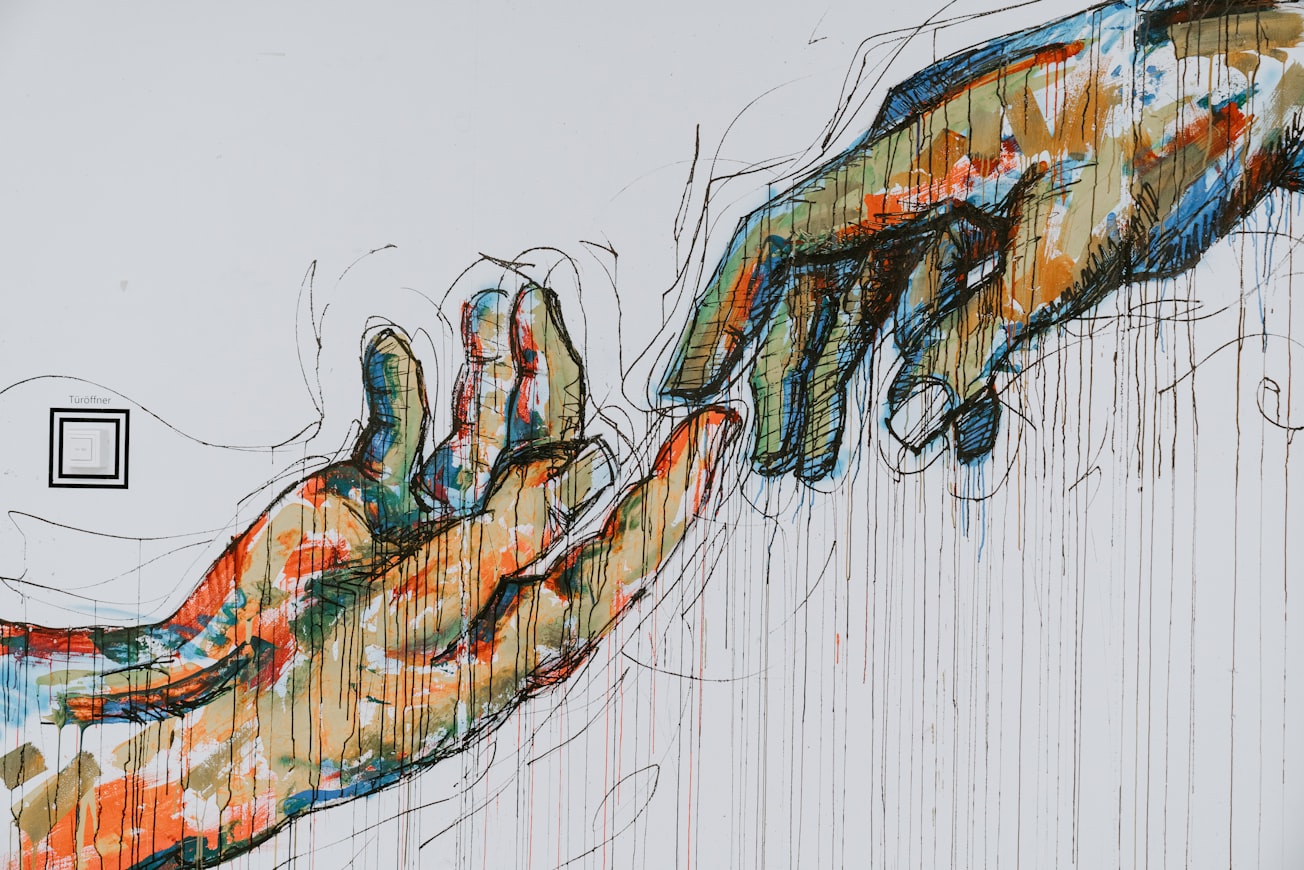What is it about?
People can engage in cooperative behavior even among strangers with no direct expectation of personal benefit. For such cooperative behavior to be sustained, a mechanism needs to be in place to ensure that benefits are returned to the individuals who cooperate. As the proverb goes, "One good turn deserves another." This mechanism is generally referred to as indirect reciprocity. We analyzed how the social norm of indirect reciprocity is adopted in human society and revealed results that contradict previous theoretical predictions.
Featured Image

Photo by Claudio Schwarz on Unsplash
Why is it important?
The research team conducted several online experiments to answer whether "justified defection" is justified and analyzed the norms that people adopt in their daily lives. The results show that, contrary to previous theoretical predictions, people have a neutral attitude toward justified defection, avoiding judging it as good or bad. On the other hand, they judged "cooperation with a bad person (unjustified cooperation)" to be good.
Perspectives
Our results indicate the necessity to reconsider the justification of 'justified defection' in the evolution of cooperation.
Hitoshi Yamamoto
Rissho Daigaku
Read the Original
This page is a summary of: Justified defection is neither justified nor unjustified in indirect reciprocity, PLoS ONE, June 2020, PLOS,
DOI: 10.1371/journal.pone.0235137.
You can read the full text:
Contributors
The following have contributed to this page










